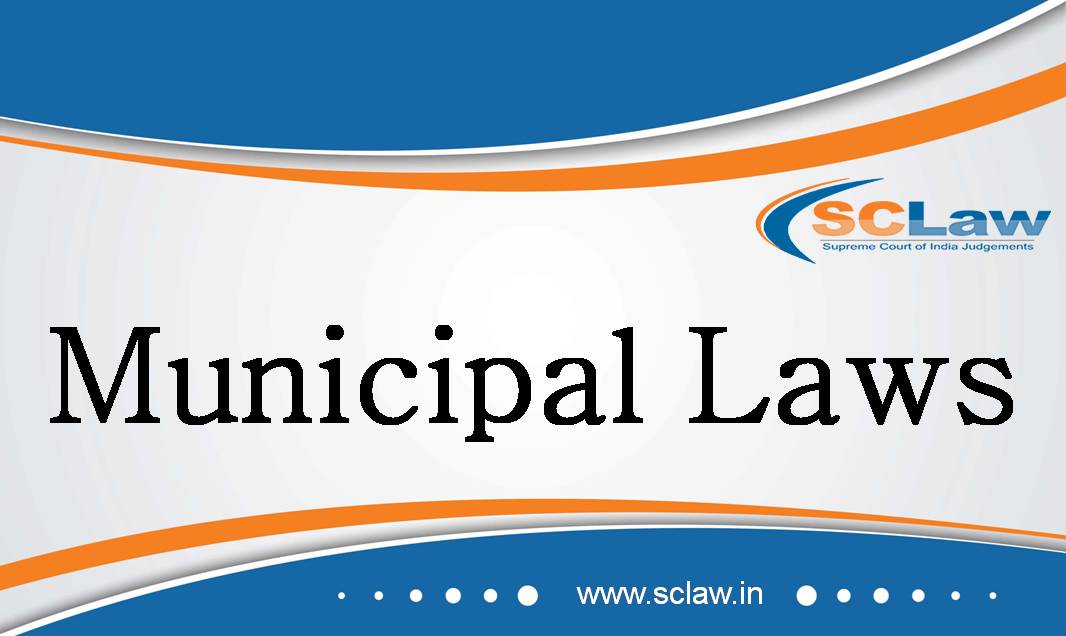Service Law — Removal from Service — Respondent appointed as Inspector in 1960 and later as Assistant Registrar, faced multiple charges of misconduct, including unauthorized appointments and financial irregularities —The main issue was whether the disciplinary proceedings and the subsequent removal of from service were justified —The State of Rajasthan argued that respondent’s actions demonstrated insubordination and financial misconduct, justifying his removal — Respondent contended that the disciplinary proceedings were flawed and that there was no substantial evidence to support the charges against him —Supreme Court quashed the High Court’s decision, reinstating the removal order against respondent —The Court found that the disciplinary proceedings were conducted fairly and that there was sufficient evidence to support the charges —The Court emphasized that it is not the role of the High Court to reappraise evidence in disciplinary matters unless there is a clear violation of natural justice —The Supreme Court restored the removal order, finding no procedural impropriety or lack of evidence in the disciplinary proceedings.
2024 INSC 592 SUPREME COURT OF INDIA DIVISION BENCH THE STATE OF RAJASTHAN AND OTHERS — Appellant Vs. BHUPENDRA SINGH — Respondent ( Before : Hima Kohli and Ahsanuddin Amanullah,…





